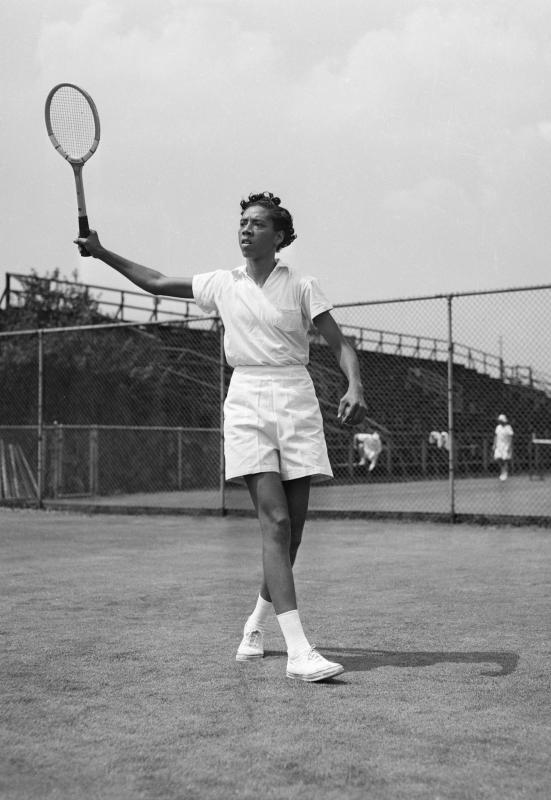One of the great benefits of the digital revolution is that it has opened up our movie screens in ways the old paradigm could never have allowed. Under the old system, screening a film was always a pricey endeavor, even if it ran for a few weeks. To show a film for a week, or just once or twice in a week, was almost certainly a bad bet. Indeed, there were days during my time in the projection booth when we paid more to ship the reels than we brought in at the ticket box. And what made it sting all the more was the fact that those films were often some of the most interesting films of the year; they just didn’t have the advertising and distribution budget to really break through to a wider variety of theaters.
But now, showing a film for a couple of nights is not only feasible, but more and more seems to be a regular part of most theaters’ programming. Which is not to say simply that all those screenings are digital — some of them stand out for being restruck 35mm prints, for instance — but that the wider art of film programming has become richer and more varied because theaters no longer have to rely so heavily on a monster hit supporting the costs associated with smaller, forgotten films. This week, we look at a collection of films that are visiting the Valley for just a day or two.
Things get underway on Thursday, April 23 at 7 p.m. at Northampton’s Academy of Music with Bhawin Suchak and Ira Mckinley’s award-winning documentary The Throwaways. A personal (and all too timely, sadly) exploration of the terrible impact of police brutality on the black community in America, the film calls for all of us to engage the problem head-on. This one detail might give an idea of how bad things have become: in a New York Times column about the recent shooting of Walter Scott — a black man from South Carolina who was shot in the back and killed by a police officer after initially being stopped for a broken taillight — the reporter quotes lawyer John O’Leary, who just a few months ago was a defense lawyer for a small-town sheriff who had also shot and killed an unarmed black man during an arrest. The charge that led to that arrest warrant: an argument about a broken taillight.
Also on April 23, Amherst Cinema screens Althea, director Rex Miller’s alternately exhilarating and saddening look at the life and times of athletic great and pop culture icon Althea Gibson. The first African-American to play (and win) at Wimbledon, Gibson became the world’s number one-ranked women’s player — and still couldn’t afford her own apartment. Pushed down by a segregated tennis culture, she left the game to break the color barrier in another sport, competing on the professional golf circuit for over a decade. But despite that and other sidelines — a jazz album, a gig with the Harlem Globetrotters, a spot on “What’s My Line” — she became something of a recluse, trying to pay the bills while her successors found bigger paydays. The screening will be followed by a Q&A with Miller and Art Carrington, a local tennis pro and authority on the history of African-Americans in tennis.
Also this week: Amherst College hosts two Thursday screenings (4 and 7:30 p.m.) of the German film Eichmann’s Fate as part of the Pioneer Valley Jewish Film Festival. Raymond Ley’s 2010 docudrama is based on the true history of Adolf Eichmann — the man who masterminded a genocide during World War II — and the bizarre coincidences that made possible his capture. Eichmann had fled to Argentina at the end of the war, and was only caught after his son fell in love with a young German woman who happened to be the daughter of a Holocaust survivor named Lothar Hermann.
After confirming Eichmann’s identity, Hermann alerted Israeli authorities, who then smuggled Eichmann out of the country and into Israel, where he was eventually hanged two years later, after a trial. By using historical footage and interviews with Eichmann conducted in Argentina, Ley is able to recreate the tense times leading up to the mission to bring Eichmann to justice.•
Jack Brown can be reached at cinemadope@gmail.com.




